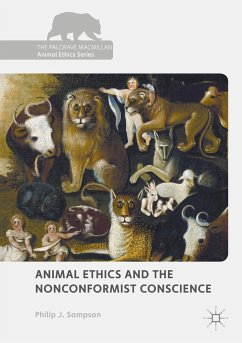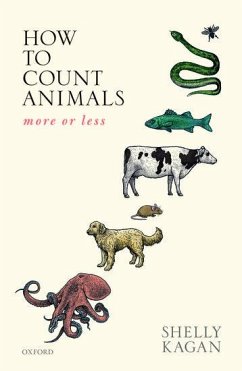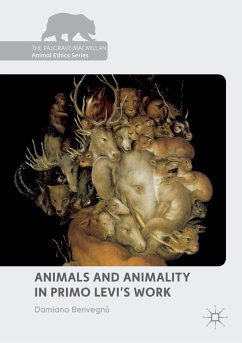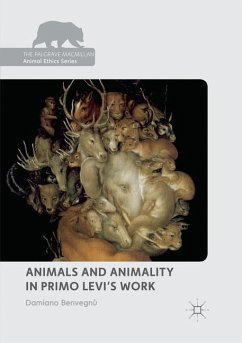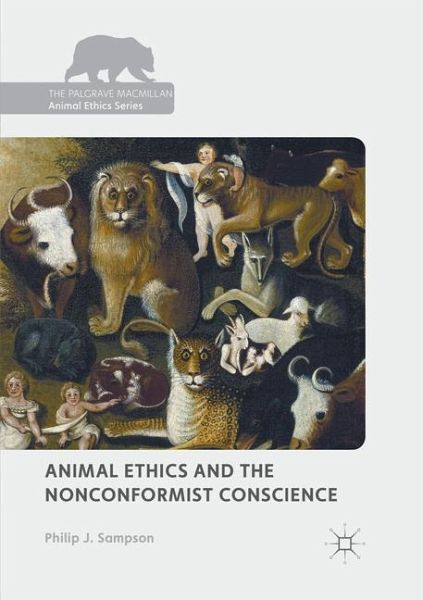
Animal Ethics and the Nonconformist Conscience
Versandkostenfrei!
Versandfertig in 6-10 Tagen
46,99 €
inkl. MwSt.
Weitere Ausgaben:

PAYBACK Punkte
23 °P sammeln!
This book explores the religious language of Nonconformity used in ethical debates about animals. It uncovers a rich stream of innovative discourse from the Puritans of the seventeenth century, through the Clapham Sect and Evangelical Revival, to the nineteenth century debates about vivisection. This discourse contributed to law reform and the foundation of the RSPCA, and continues to flavour the way we talk about animal welfare and animal rights today. Shaped by the "nonconformist conscience", it has been largely overlooked. The more common perception is that Christian "dominion" authorises t...
This book explores the religious language of Nonconformity used in ethical debates about animals. It uncovers a rich stream of innovative discourse from the Puritans of the seventeenth century, through the Clapham Sect and Evangelical Revival, to the nineteenth century debates about vivisection. This discourse contributed to law reform and the foundation of the RSPCA, and continues to flavour the way we talk about animal welfare and animal rights today. Shaped by the "nonconformist conscience", it has been largely overlooked. The more common perception is that Christian "dominion" authorises the human exploitation of animals, while Enlightenment humanism and Darwinian thought are seen as drawing humans and animals together in one "family". This book challenges that perception, and proposes an alternative perspective. Through exploring the shaping of animal advocacy discourses by Biblical themes of creation, fall and restoration, this book reveals the continuing importance of the nonconformist conscience as a source to enrich animal ethics today. It will appeal to the animal studies community, theologians and early modern historians.



